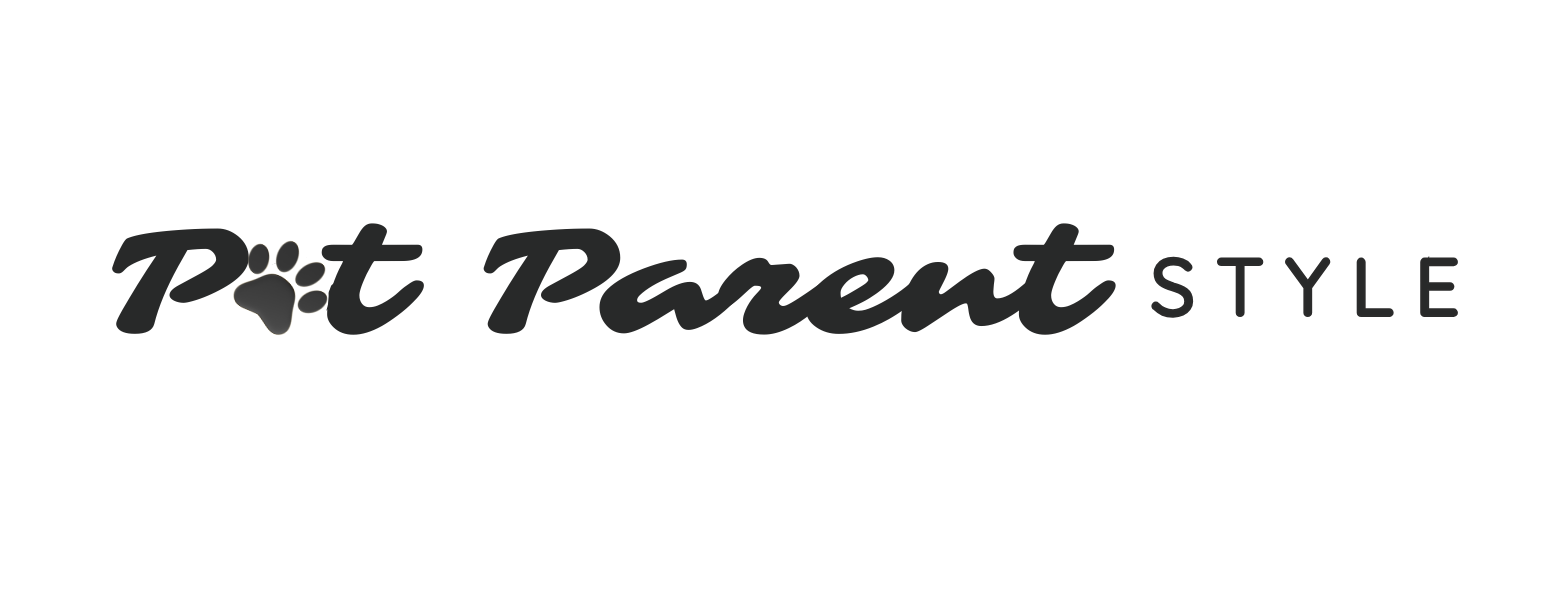
A New Approach to Doggy Mealtimes: Why Flexibility Matters
Practicing strict mealtimes for dogs can sometimes create unnecessary stress—not just for the dogs, but for their owners too. Many pet owners adhere to rigid feeding schedules, believing that it promotes structure and security. However, this can lead to anxiety when things don’t go as planned. Here, we explore how a more casual approach to feeding can be beneficial for pets and owners alike, emphasizing that flexibility can foster adaptability and harmony in the home.
Understanding the Effects of Strict Mealtime Routines on Dogs
The case of a Labrador named Molly illustrates the downsides of rigid feeding schedules. In veterinary practice, it's not uncommon to find pets who become anxious, pacing, whining, or even acting out when mealtime is delayed or disrupted. Molly, for instance, became visibly agitated waiting for her owners during an unexpected delay. This behavior is indicative of a pet whose psychological comfort has become intertwined with the predictability of feeding times. While consistency can help establish routine, an over-dependence on it may lead to negative emotional responses.
Advantages of a Casual Routine
As an alternative, a 'casual routine' approach to feeding offers a more balanced method. By allowing a flexible 2-3 hour window for mealtime and adapting walks according to the day, pet owners can reduce the anxiety both they and their pets might experience. This model of casual routine can be particularly beneficial for families with chaotic schedules or those who may not always be home at the same time each day. Casual routines can instill a sense of security and impromptu play can enrich a dog's life, keeping them mentally engaged and physically active.
Casual Routines: Building Resilient Pets
Creating adaptable routines encourages dogs to be more resilient and less reliant on rigid schedules. A dog that is easily stressed by changes may struggle in new environments, during travel, or with changes in family dynamics. Conversely, a pet accustomed to flexibility is more likely to handle unpredictability with ease. Engaging in impromptu games or activities, whether indoors or outdoors, allows for bonding while also reinforcing a dog's adaptability.
Vets, Trainers, and the Importance of Education
Veterinarians and trainers play a crucial role in educating pet owners on the benefits of flexible routines. It's important for professionals to communicate that a strict feeding schedule isn't a one-size-fits-all solution. Sharing case studies like Molly's during consultations can help illustrate the psychological impacts of rigid routines, encouraging responsible pet ownership that prioritizes mental health alongside physical well-being.
Final Thoughts: Creating a Balanced Life for Pets
Ultimately, the well-being of our pets is intertwined with the well-being of their human counterparts. A casual approach to pet feeding promotes less stress, greater happiness, and a more harmonious household. By prioritizing flexibility and creativity in routines, pet owners can ensure their dogs remain happy and balanced, ready to face the many adventures that life brings.
Whether you’re a veterinarian, trainer, or just a devoted pet parent, considering how you approach feeding can profoundly impact your relationship with your furry companions. Emphasize flexibility and adaptiveness in your daily routines, and you and your pets may just discover the joys that come with a more relaxed lifestyle.
 Add Row
Add Row  Add
Add 




 Add Row
Add Row  Add
Add 


Write A Comment